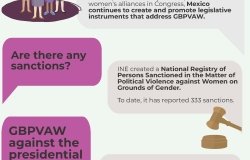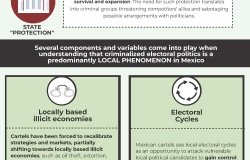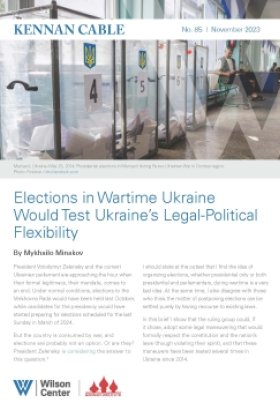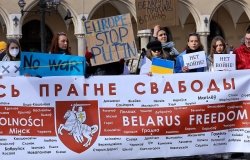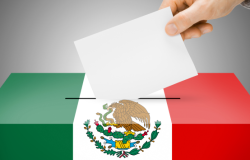Achieving the Grand Vision: Southeast Europe in the EU
Crown Prince Alexander II voiced his strong support for Serbia's application for EU membership, which its leaders submitted to Brussels in December 2009. He asserted that "Serbia will gain political and economic benefit from EU membership," arguing that the reforms necessary to meet accession obligations will help to strengthen government institutions.
Overview
Crown Prince Alexander II voiced his strong support for Serbia's application for EU membership, which its leaders submitted to Brussels in December 2009. He asserted that "Serbia will gain political and economic benefit from EU membership," arguing that the reforms necessary to meet accession obligations will help to strengthen government institutions.
In the early 1990s, most of the post-communist countries of Central Europe turned to the West in their effort to shed the vestiges of communism. The transition, which entailed a radical transformation of the countries' economies and political systems, was ultimately successful and 10 post-communist countries are now EU member states. HRH Alexander II stated that those countries of the former Yugoslavia that remain outside of the EU should follow the example of their neighbors and work diligently to meet the accession requirements.
Clearly, various obstacles hinder reform for each of these countries. The region was hard hit by the economic crisis, and is facing rapid inflation, a drop in both imports and exports and a decline in bank loans. On the subject of Kosovo, HRH Crown Prince Alexander II noted that the EU member states themselves remain divided over its status, which complicates the issue. Consequently, the speaker argued, "it is difficult to project any EU accession [for Kosovo] independent of Serbia."
According to the speaker, Serbia stands to gain politically and economically from EU membership. The Stabilization and Association Agreement (SAA) which Serbia signed with the EU in March 2009, has allowed Serbian President Boris Tadic to undertake judicial reforms and to improve technical cooperation with the Union. EU membership would open the Serbian market to European consumers and further enhance the country's already welcoming investment environment to foreign direct investment, the speaker argued.
Crown Prince Alexander closed his remarks with promises that Serbia would "continue to improve its relations with the United States" and would continue its "close friendship with Russia." In response to a question from the audience about his ties to the Serbian government, HRH Alexander II stated that he does not hold public office and is not a member of any political party. Rather, he views his role as someone who can bring people together on what he sees as an important driver of foreign and domestic policy in Serbia: EU accession.
Speaker
Crown Prince Alexander II
Read MoreHosted By

Global Europe Program
The Global Europe Program is focused on Europe’s capabilities, and how it engages on critical global issues. We investigate European approaches to critical global issues. We examine Europe’s relations with Russia and Eurasia, China and the Indo-Pacific, the Middle East and Africa. Our initiatives include “Ukraine in Europe” – an examination of what it will take to make Ukraine’s European future a reality. But we also examine the role of NATO, the European Union and the OSCE, Europe’s energy security, transatlantic trade disputes, and challenges to democracy. The Global Europe Program’s staff, scholars-in-residence, and Global Fellows participate in seminars, policy study groups, and international conferences to provide analytical recommendations to policy makers and the media. Read more
Thank you for your interest in this event. Please send any feedback or questions to our Events staff.
